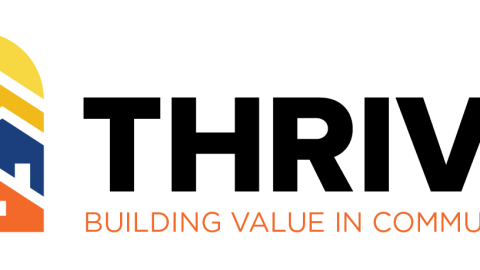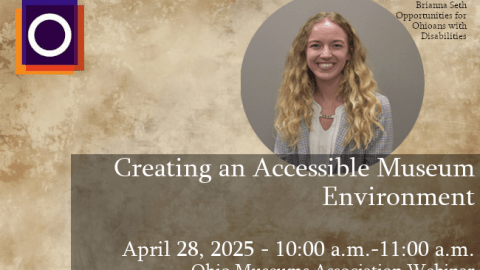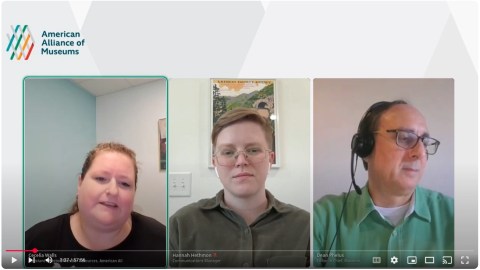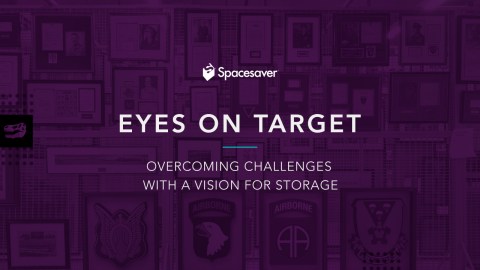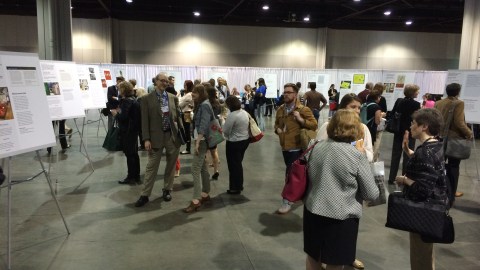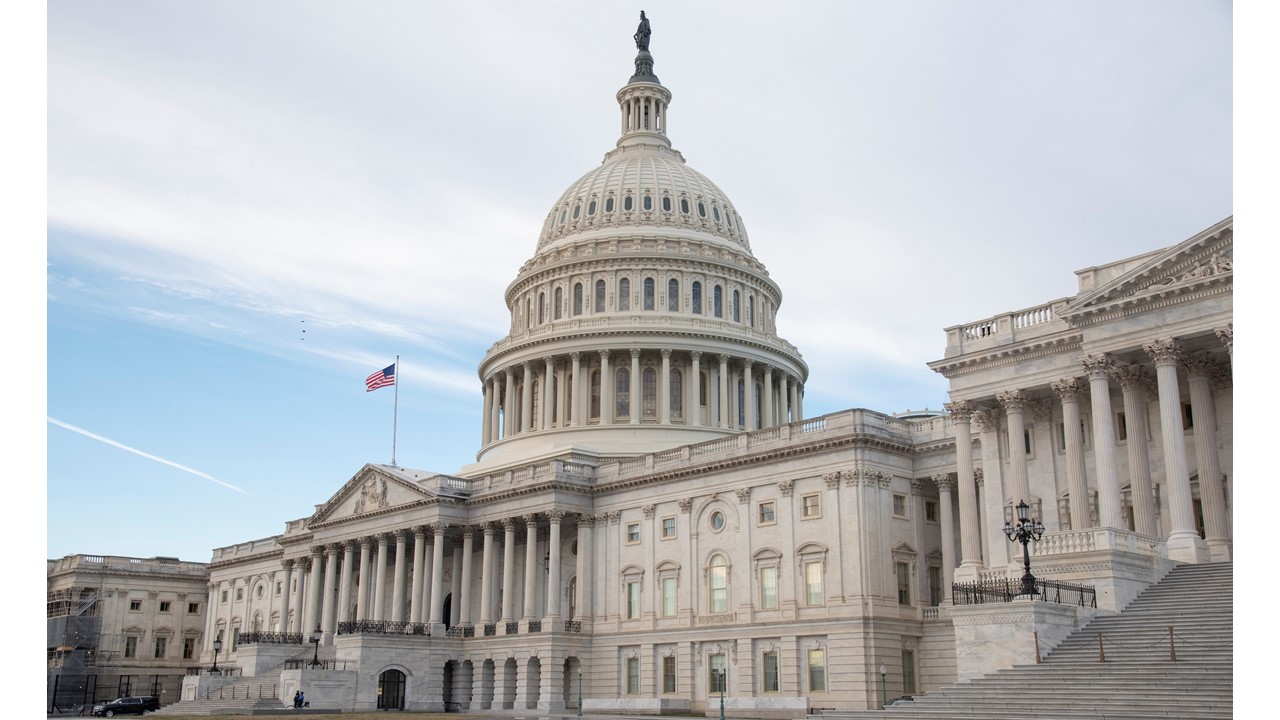
Support Field-Wide Advocacy for Museum Relief:
The current crisis is taking a distressing financial toll on cultural organizations, and AAM is no different. In these challenging times, we ask that if you can, consider supporting our advocacy work and making extensive COVID-19 resources freely available for our field, by making a donation or becoming a member of AAM. Thank you for your much-needed support.
Advocacy Alert – June 24, 2020
In this Alliance Advocacy Alert
- Urge Congress to Support the Museum Community in Pandemic Economic Relief and FY 2021 Funding
- Invite Congress to Visit Your Museum Resources Updated for 2020
Urge Congress to Support the Museum Community in Pandemic Economic Relief and FY 2021 Funding
With Congress expected to begin negotiations in earnest on the next pandemic economic relief package, and ramp up work on FY 2021 appropriations in July, we must continue to make our voices heard to our members of Congress in support of museums.
Now is the time to contact your legislators to let them know what the museum field is facing and urge them to provide critical support for museums’ COVID-19 economic relief and FY 2021 Appropriations.
CONTACT CONGRESS ABOUT PANDEMIC RELIEF & FY 2021 FUNDING
The nation’s museum community is facing an existential threat from the closures required to address the COVID-19 pandemic. Addressing this threat requires decisive action from the U.S. Congress beyond previous economic relief legislation. Museums anticipate closures and reduced visitorship through 2020 and into 2021. Normal revenue from admissions fees, retail sales, and event rentals have effectively ceased, and charitable contributions are expected to continue to decline dramatically. Preliminary data from an AAM benchmarking survey shows that nearly 20% of museums indicated that there is a significant risk of closing permanently.
Amidst these challenges, museums are navigating complex decisions related to planning phased reopenings and struggling with how and when to do so. Even museums that have reopened are operating at reduced capacity, meaning that a return to normal operations will likely take months or years. In addition, museums are facing the substantial increased costs of health and safety upgrades needed to protect staff and visitors from the spread of the coronavirus.
As legislators consider the next round of coronavirus economic relief legislation and regular FY 2021 funding, we urge Congress to:
- Provide Additional Forgivable Loans: Expand the Paycheck Protection Program to allow existing borrowers to apply for additional loans and make nonprofits, including museums, with greater than 500 employees eligible for loan forgiveness. In addition, provide loan forgiveness for nonprofits through the Federal Reserve’s Main Street Lending Program.
- Allocate Emergency Supplemental Funding for Museums: Allocate $6 billion specifically for museums, to be administered by the IMLS – Office of Museum Services, for general operating support, assisting museums in developing and sharing distance learning content, and pandemic recovery planning and implementation, including improvements to protect employees and visitors and reduce the spread of COVID-19.*
- Expand and Extend Charitable Deductions: Expand the universal charitable deduction provision in the CARES Act by removing the $300 cap and extend the CARES Act removal of the 60% limit on Adjusted Gross Income that may be deducted through charitable gifts of cash.
- Increase FY 2021 Funding for IMLS, NEH and NEA: Provide $42.7 million in FY 2021 funding for OMS, the amount approved by the U.S. House of Representatives last year, and at least $170 million each for the National Endowment for the Humanities and National Endowment for the Arts.
*(The $6 billion figure is a conservative estimate based on budget numbers from several museum associations and numbers from the Oxford Economics/AAM’s “Museums as Economic Engines” study. The American Alliance of Museums calculates that museums are losing at least $33 million a day due to closures as a result of COVID-19, will be in desperate need of significant federal support, and that the U.S. Congress needs to include at least $6 billion for nonprofit museums in economic relief legislation to provide emergency assistance through December. The study shows the museum field directly employs 372,100 people and generates $15.9 billion in income each year. It costs $1.3 billion to keep 370,000 people employed per month so the estimated cost through December 2020 is approximately $6 billion minus the two-months of possible assistance from SBA-related loan programs.)
Talking Points
Museums are a robust and diverse business sector, including African American museums, aquariums, arboreta, art museums, botanic gardens, children’s museums, culturally-specific museums, historic sites, historical societies, history museums, maritime museums, military museums, natural history museums, planetariums, presidential libraries, public gardens, railway museums, science and technology centers, and zoos.
Nationwide, our museums are losing at least $33 million a day due to closures as a result of COVID-19 and will be in desperate need of significant federal support to maintain jobs, secure our cultural heritage, help to rebuild our nation’s tourism industry – and simply to survive the months to come.
Museums are economic engines. Economic impact data compiled by the American Alliance of Museums and Oxford Economics shows that the museum economy contributes $50 billion a year to the U.S. economy and generates $12 billion in tax revenue to local, state, and federal governments.
Museums are vital local sources of employment, supporting 726,000 direct and indirect jobs annually. Museums play an essential role in the nation’s educational infrastructure, spending more than $2 billion a year on education. The destabilizing effects of the current crisis place the future of these contributions to the U.S. economy and education system at great risk. If these businesses fail during this crisis, then there will be no jobs to which many thousands of displaced workers can return.
Museums nationwide are closed and have canceled events. Most nonprofit museums rely on earned income for at least half of their revenue; their economic lifeblood is people visiting. Dramatic closures and stay-at-home orders have had a devastating impact on the nonprofit museum community, which operates on thin margins of financial sustainability, without large designated operational reserve funds or access to tax-relief benefits, and is often largely dependent on earned revenue from visitors passing through their doors. We estimate as many as 30% of museums may not re-open without significant additional and immediate emergency financial assistance beyond the CARES Act. Even museums that have reopened are operating at reduced capacity, meaning that a return to normal operations will likely take months or years. Additionally, preliminary data from an AAM benchmarking survey shows that nearly 20% of museums indicated that there is a significant risk of closing permanently.
Furloughs and layoffs among museum personnel are increasing. As employers, museums care deeply about the welfare, health, and financial stability of hard-working staff, and are concerned that increasing unemployment among museum personnel may exacerbate broader community issues of lack of access to health care, food insecurity, and even homelessness that will make the COVID-19 response much more challenging. The Paycheck Protection Program has been a lifeline for many museums and their employees but that lifeline is set to run out June 30 for many without Congress authorizing additional forgivable loans for current borrowers.
Museums have impressive support from the public. According to a recent public opinion poll, 96% of Americans would think positively of their elected officials taking legislative action to support museums, regardless of political persuasion or community size. 97% of Americans believe that museums are educational assets, and 89% believe that museums contribute important economic benefits to their community. Museums are also the most trusted source of information in America, rated higher than local papers, nonprofit researchers, the U.S. government, or academic researchers. Museums can leverage this high level of public trust to provide education on COVID-19 and fight misinformation about its spread. By empowering the public with the information they need to make informed decisions and lower their risk of contracting or spreading disease, museums can help sustain healthy communities, maintain calm, and reduce the chances for an increase in discrimination or xenophobia often created by global diseases.
Even as museums are experiencing closures and significant losses in revenue, they are meeting an increase in demand for their services and safeguarding and supporting their communities. They are contributing to the ongoing education of our country’s children by providing lesson plans, online learning opportunities, and drop-off learning kits to teachers and families. They are using their outdoor spaces to grow and donate produce to area food banks; and maintaining these spaces for individuals to safely relax, enjoy nature, and recover from the mental health impacts of social isolation. They are donating their PPE and scientific equipment to fight COVID-19, and providing access to child care and meals to families of health care workers and first responders. In the midst of financial distress, they are even raising funds for community relief. Museums are pivotal to our nation’s ability to manage through the pandemic and recover from it as our nation opens back up.
Museums are community anchors, addressing challenges in times of crisis like the one we are currently experiencing. Unfortunately, we expect hardships to be faced by increasing numbers of museums in communities across the country in the months ahead underscoring the need for continued economic relief to enable them to serve the public now and in the future.
The Institute of Museum and Library Services (IMLS) is the primary federal agency responsible for helping museums connect people to information and ideas. Its Office of Museum Services (OMS) awards grants to museums to support educating students, preserving and digitizing collections, and engaging communities. Grants are awarded in every state, but current funding has allowed the agency to fund only a small fraction of the highly rated grant applications it receives. Congress has regularly reauthorized IMLS, most recently in 2018. OMS has set a strong record of bipartisan congressional support during the appropriations submission process in each of the last seven years, with 198 Representatives and 41 Senators signing the FY 2021 appropriations letters on its behalf. IMLS received $252 million in FY 2020 appropriations, of which $38.5 million went to OMS. We urge Congress to provide $42.7 million in FY 2021 for OMS, the amount approved by the U.S. House of Representatives last year.
Invite Congress to Visit Your Museum Resources Updated for 2020
As noted above, in the coming weeks Congress will continue to consider economic relief and recovery legislation, and resume the FY 2021 appropriations process as well. It is critical that museum advocates continue to make the case for federal, state, and local support for museums over the course of this summer. Just in time, we’ve updated our Invite Congress to Visit Your Museum How-To Guide for 2020 with new details, resources, and guidance for connecting with legislators virtually, over the phone, or in-person.
Since 2012, #InviteCongress has been a national fieldwide effort to encourage and empower museums of all types and sizes to invite their federal, state, and local legislators and stakeholders into the museum to see what museums are and do first-hand while legislators are typically home during the month of August. While many museums remain closed and others enter varying stages of re-opening-and it remains to be seen when elected officials will be able to resume in-person events with constituents-AAM encourages museums to take advantage of virtual and telephone opportunities to connect with legislators throughout this summer.
In our ongoing advocacy for museums and communications with legislators and staff, they have been raving about the effectiveness of virtual visits and meetings with constituents. Use our updated How-To Guide to start your outreach to your legislators today!


